Standby Generators Are Gaining Popularity in Maryland
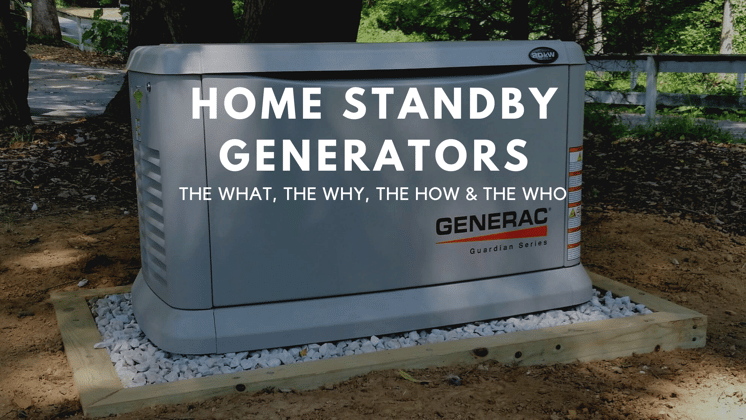
You may have just heard of a standby generator and be wondering what it is or if it is worth adding one to your home OR maybe you have decided you will be soon be buying a generator and wanted to see if the cost investment of a standby generator is worth it. No matter which situation you are in, we are here for you.
Lets start off with answering the question, What is a standby generator?
A standby generator primarily consists of two parts: the standby generator unit, which generates power, and the automatic transfer switch. Unlike some generators, which require extension cords or additional wiring, standby generators are installed into the home’s existing wiring.
As soon as the system senses that the home’s been cut off from utility power, the automatic transfer switch moves the electrical circuits and appliances to backup power. Then, as the generator supplies power to the home, it waits, and once it senses the return of utility power, it shuts down. Making it much easier for the owner as they don’t have to go out and set it up or power it down and put it away when power is restored.
The next logical question is what types of standby generators exist and how are the powered?
There are 2 primary types of standby generators gas and propane. Which is a better fit for you is really up for personal debate but as far as the arguments for and against each. Well a gas generator is more affordable and easier to find, but those strengths have the potential to become weaknesses when gas quickly disappears from stores in an emergency. And shelf life if your power source should also go into your consideration gas also only has a shelf life of about 12 months, while propane has an indefinite shelf life.
On the other hand, propane-fueled generators tend to be more expensive. But propane does burns cleaner than gas which mean it is better for the environment.
So the choice between the two really comes down to your budget, whether you have the space to store backup containers of gas, and how environmentally conscious you are.
???? Now us Marylanders don’t exactly live in New England with its intense winters or Flordia with their hurricane season, so why would a Marylander want to make the investment in a standby generator?
Well first Maryland is a storm-prone geographic area and heavy rain, ice, and wind can down power lines in an instant. And yes you could just deal with a power blackout when it occurs but that in today’s high tech world the loss of power does more than just turn off the lights. For starters it cuts off power to your appliances, meaning if you have food in the fridge it could spoil, if you have a sump pump it will not be able to pump water out, if you have a well pump you lose water, and if you have a electric cook top you lose the ability to cook. It also cuts off power to security systems, which means that someone may be tempted to take advantage of during the blackout period. A standby generator supplies power to your appliances and security system, meaning you wouldn’t have to worry about any of those items. Then there is the issue of communication, the truth is many homes do longer have landlines and even if they do they are IP based. So without power your cell is likely to die, and you won’t have interest to make a phone call, let alone internet to entertain yourself and your family during the blackout.
Maybe you are thinking well ok I probably need a generator but, I think the smaller ones you can get from Home Depot are enough.That is a fair stance but keep in mind that smaller generators, would require you to brave the storm to go out and turn them on, while standby generators are completely automated and will turn on as soon as utility power is cut off. Plus, when the power finally returns, there’s always the possibility of a dangerous power surge, which could deal permanent damage to your wiring. A standby generator also protects your home from those surges. And keep in mind smaller generators are meant to be plugged into a device and not to plug into anything like your service panel. Why not? Well for one most homeowners wouldn’t know how to properly hook it up and even if they did and they wanted to back-feeding could injure utility workers who are fixing electrical wires because the generator feeds electricity into wires that workers believe are dead. It can harm generator users as well, because the power’s return can send thousands of volts of electricity to the generator. So if you want to power more than what you can via extension cord then you really need a standby generator to do so safely.
So maybe we have decided you need to make the investment and buy a standby generator but you don’t know what brand to buy or how to go about buying it and installing it. No worries we are here for you to guide you through.
The top five brands of standby generators are Generac, Kohler, Briggs and Stratton, Cummins and Champion, but there many more. At Chesapeake Electric we recommend Generac but we can also install whichever generator you choose and can service Generac, Kohler and Briggs/Stratton.
Why do we recommend Generac? Well 7 out of every 10 air-cooled home backup generators sold in the United States are Generac. The 22-Kilowatt 70432 Guardian is the most powerful air-cooled generator on the market and a nationwide bestseller. With six different sizes to choose from ranging from 7.5 kilowatts to 22 kilowatts, Generac offers the widest range of air-cooled standby generators, Built-In Mobile-Link Monitoring System – Monitor the generator from any smartphone, tablet, or laptop from anywhere, they have a solid warranty, and TruePower Technology™ ensures best-in-class utility grade power for sensitive electronics to the most demanding appliances. So in the name of best customer experience they are our preferred vendor.
Ok so now you have decided on what brand standby generator you want, so how do you go about purchasing and installing it?
Well purchasing it is pretty simple, you just call the company and order it or order it online and have they deliver it. Installing it and getting it set up properly is a different story. You need advanced electrical and plumbing skills and a thorough knowledge of local building codes, so this is where you need to call in the experts. So you will want to call an electrician who is bonded and insured and has the know how and set it up with them. Depending on who you go with they may have you do prep work and work with BGE as well but, at Chesapeake Electric we make the process as simple and painless as possible because you purchased this to reduce you headache and installation doesn’t need to be the headache. When you call us we will come out and recommend where it should be installed so that it within all safety and county regulations (and also not a annoyance to your neighbors), we will quote you on how much the installation will cost, and help navigation process with your utility provider.
Now lastly lets talk about maintenance.
The truth is even generators aren’t disaster-proof, and should the event arise that you need repairs, we would be happy to help you out. There are many reasons you might need repairs or maintenance work on your generator but the main ones are:
- Cracks
- Radiator damage
- Improper engine load
- Malfunctions sensors
- Lack of fuel pressure
- Normal wear-and-tear
No matter which which you choose Chesapeake Electric is here for you.
So contact us and let Chesapeake Electric guide you through the purchase, installation, and servicing of your generator because for us your safety, comfort, and customer experience are the most important aspects of any job.
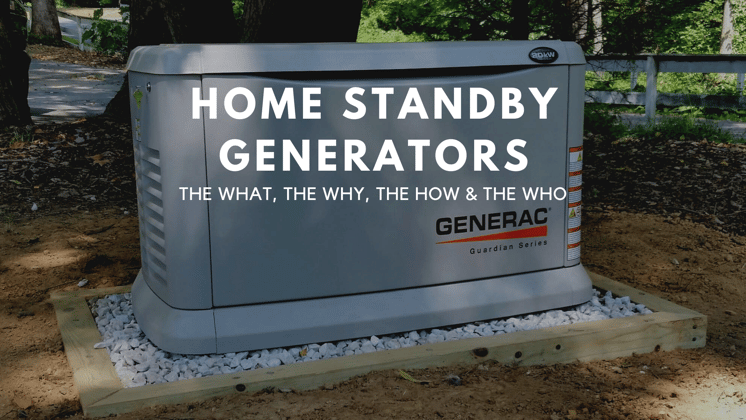
Recent Posts

January 23, 2026
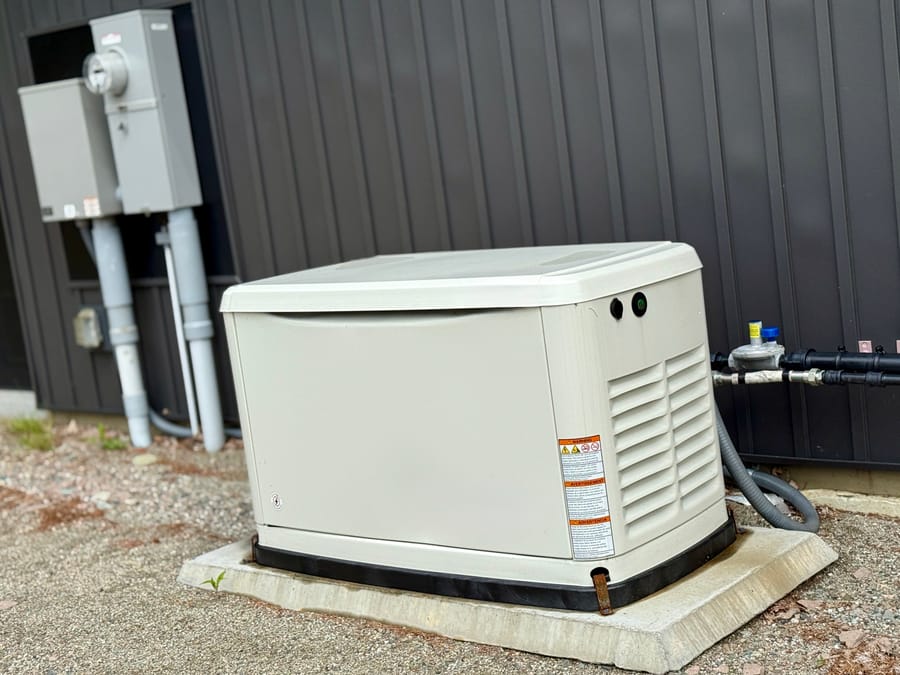
January 22, 2026
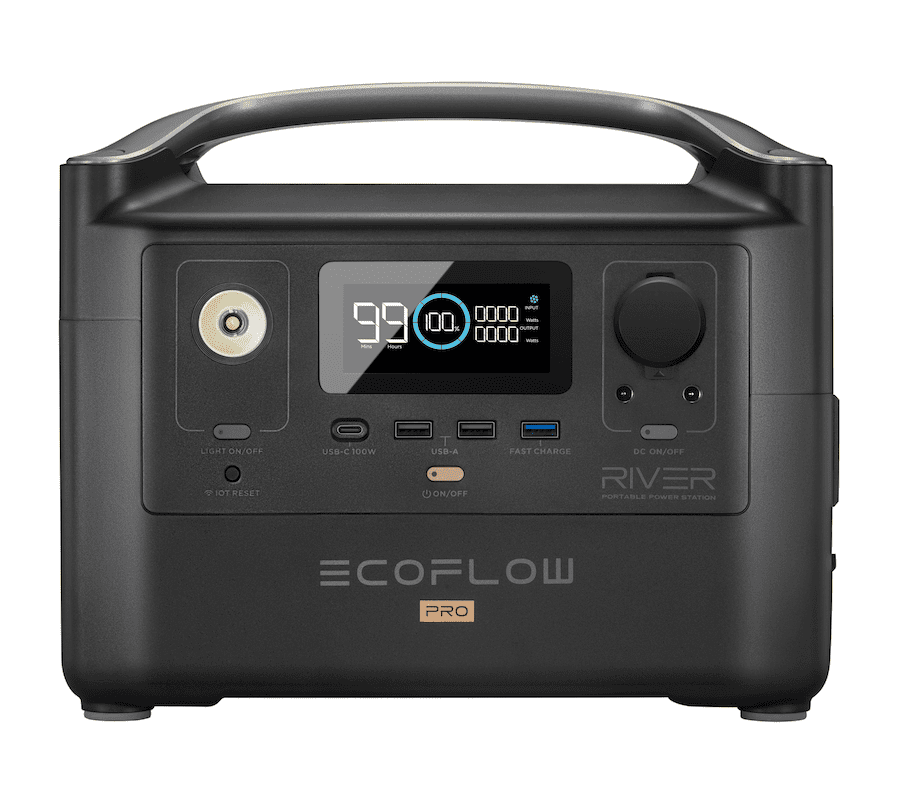
January 21, 2026
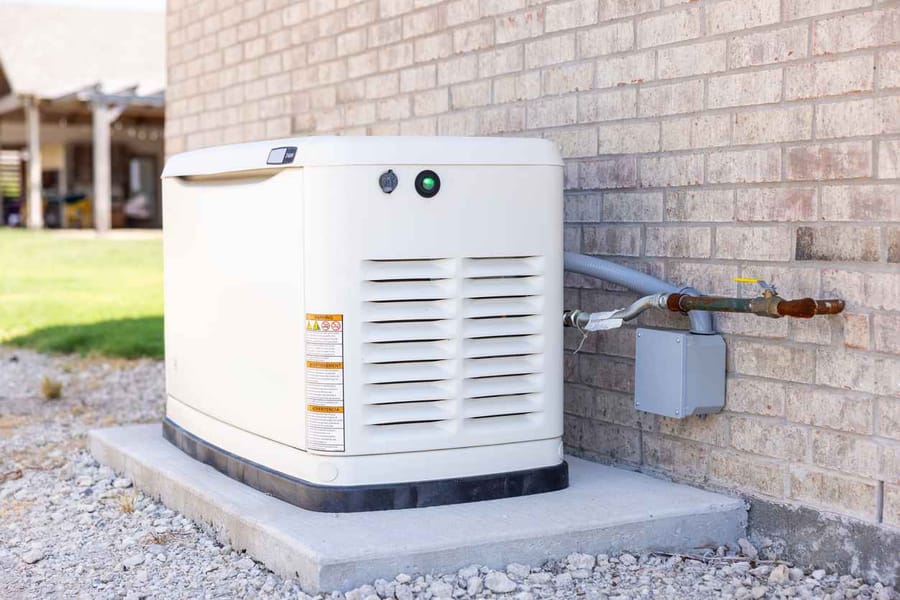
December 19, 2025

December 19, 2025
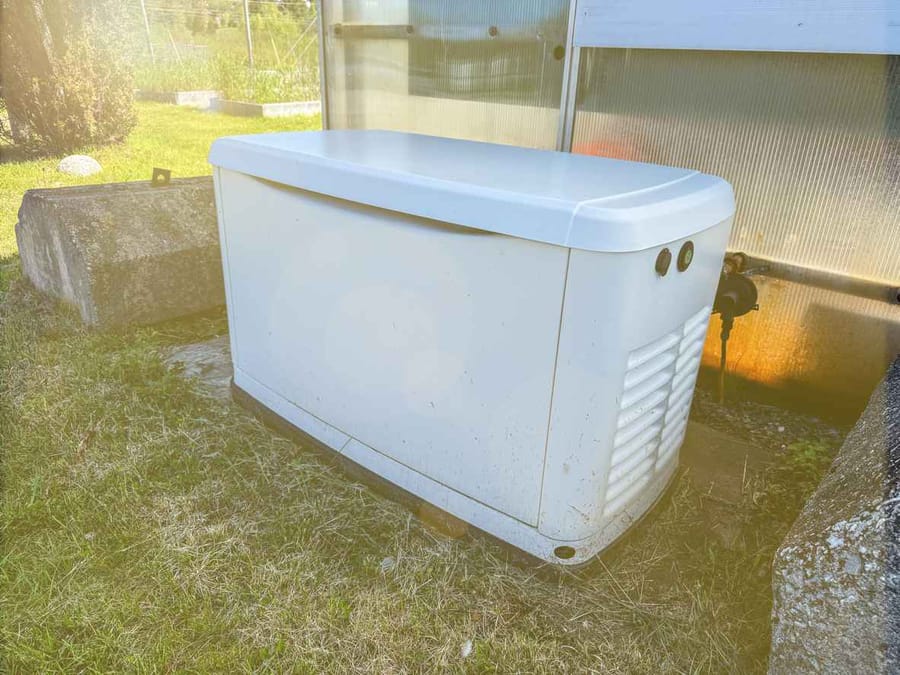
December 19, 2025
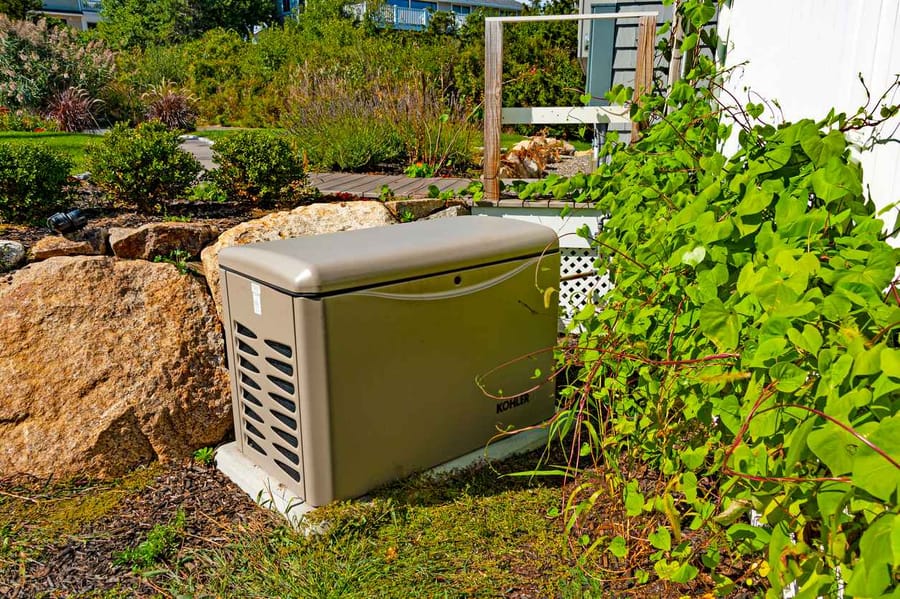
November 21, 2025